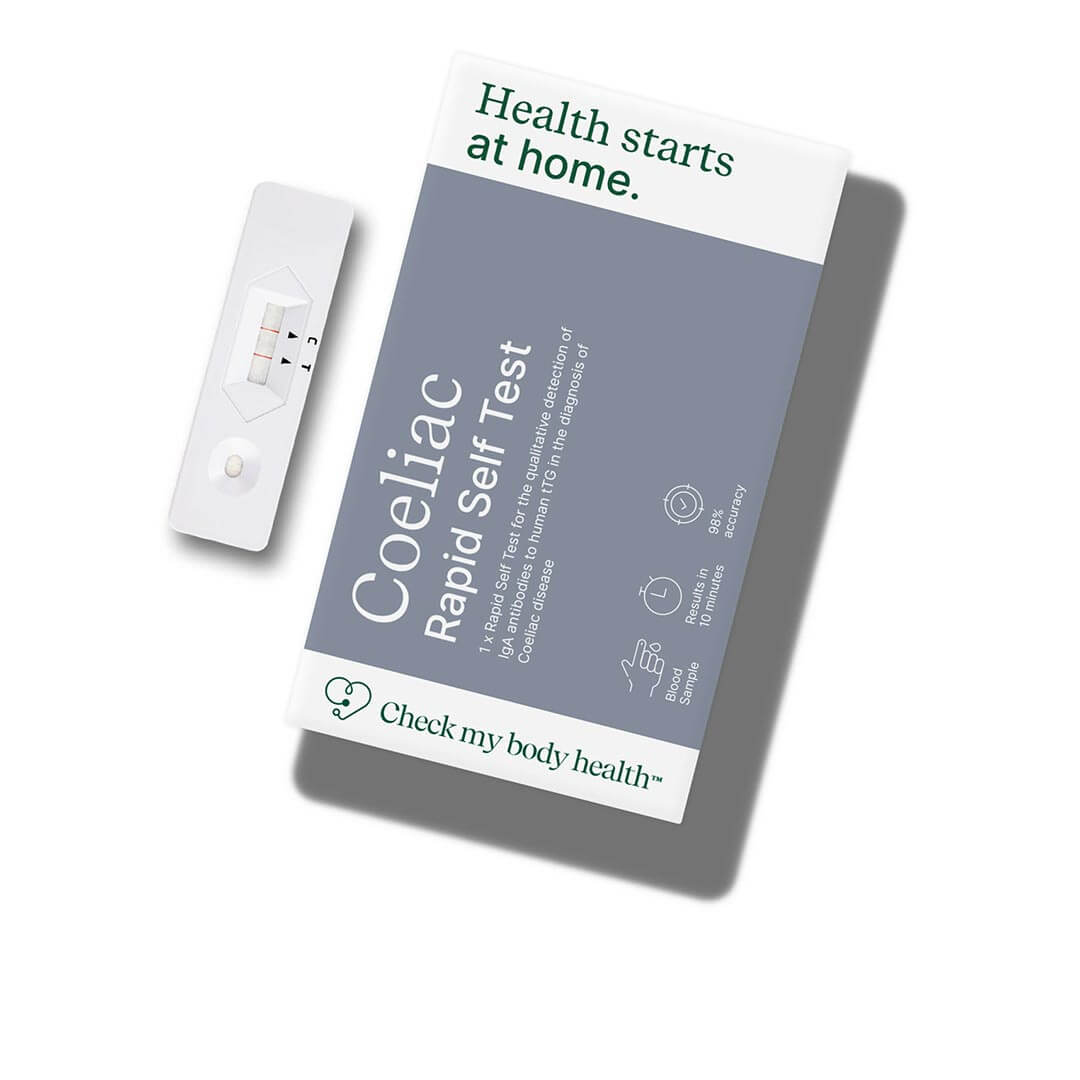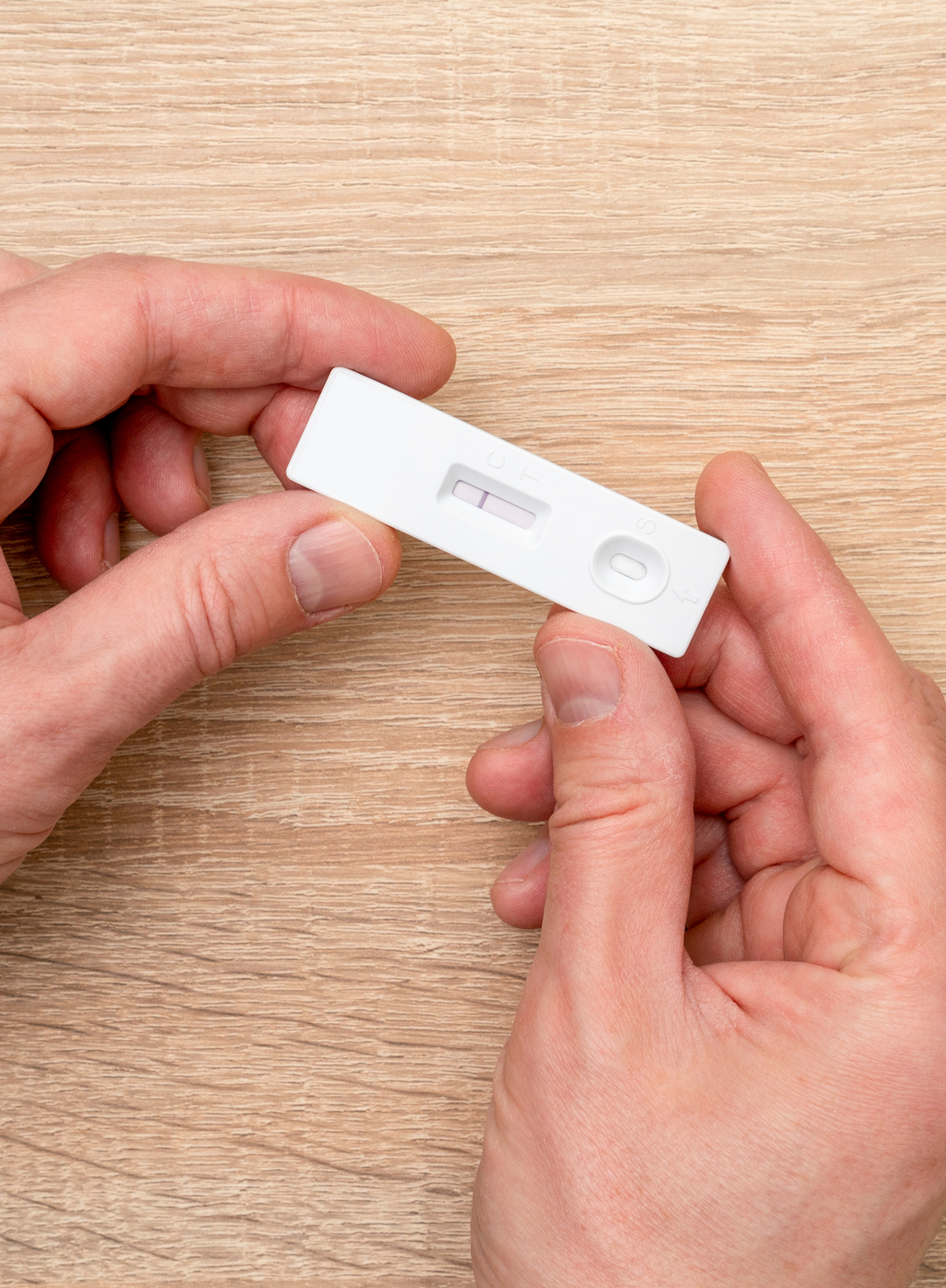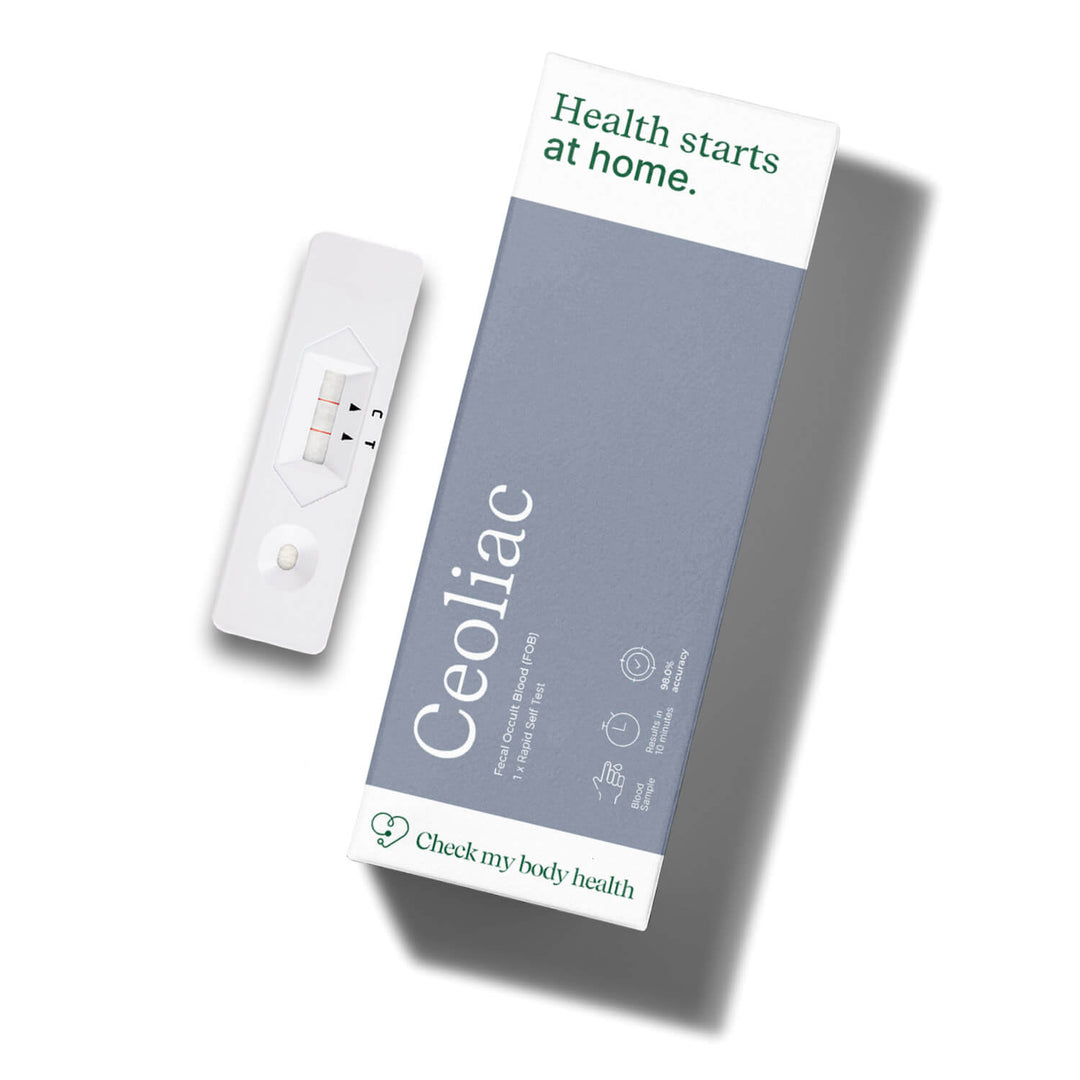Understanding Coeliac Disease
Coeliac disease is an autoimmune disorder in which the ingestion of gluten—a protein found in wheat, barley, and rye—triggers an immune response that damages the lining of the small intestine. This damage impairs nutrient absorption and can lead to a range of health problems.
Common symptoms
The symptoms of coeliac disease can vary widely, and they may manifest differently in different individuals. Common symptoms include:
- Digestive issues: Bloating, abdominal pain, diarrhea, constipation, and nausea.
- Fatigue and weakness: Persistent tiredness or low energy levels.
- Unexplained weight loss: Losing weight without an obvious reason.
- Skin problems: Itchy, blistering rash known as dermatitis herpetiformis.
- Nutritional deficiencies: Symptoms like anemia, vitamin deficiencies (such as iron or vitamin D), and bone pain.
- Growth issues: In children, delayed growth or development.
Who might experience Coeliac Disease?
Coeliac disease can affect anyone, but certain groups are at higher risk:
- Family history: If you have a first-degree relative with coeliac disease, your risk is increased.
- Genetic predisposition: Individuals with specific genetic markers (HLA-DQ2 or HLA-DQ8) are more likely to develop the condition.
- Personal history: People with other autoimmune disorders, such as Type 1 diabetes or thyroid disease, may be more susceptible.
Early detection is crucial for managing coeliac disease effectively. Without a proper diagnosis, continued gluten consumption can lead to ongoing damage to the small intestine, worsening symptoms, and potentially serious complications such as osteoporosis, infertility, or neurological problems.
By using the Coeliac Self-Test, you can get immediate answers about whether you might be experiencing gluten sensitivity. This can help you make informed decisions about seeking further medical advice and adopting a gluten-free diet, which is the primary treatment for coeliac disease.
Key information
-
Detects IgA antibodies to human tTG in human whole blood, serum, or plasma as an aid in the diagnosis of celiac disease
- Easy-to-follow instructions
- Results in 10 minutes
- Test in the comfort of your own home
What's tested
What's in the box?
Delivery information
Our Tracked 48 Hours delivery for swift and secure service.
Enjoy delivery within 2-3 days, with orders dispatched on the same day if placed by 2 pm.










